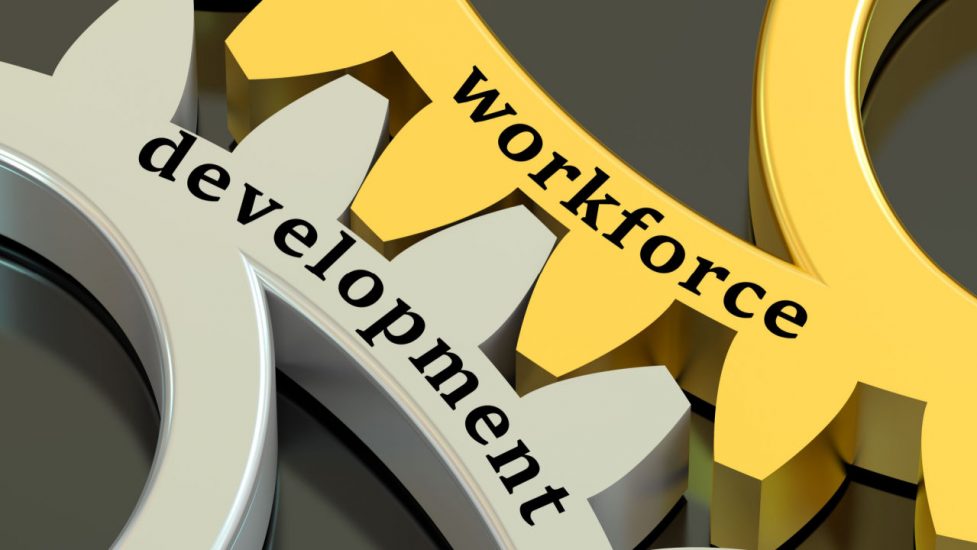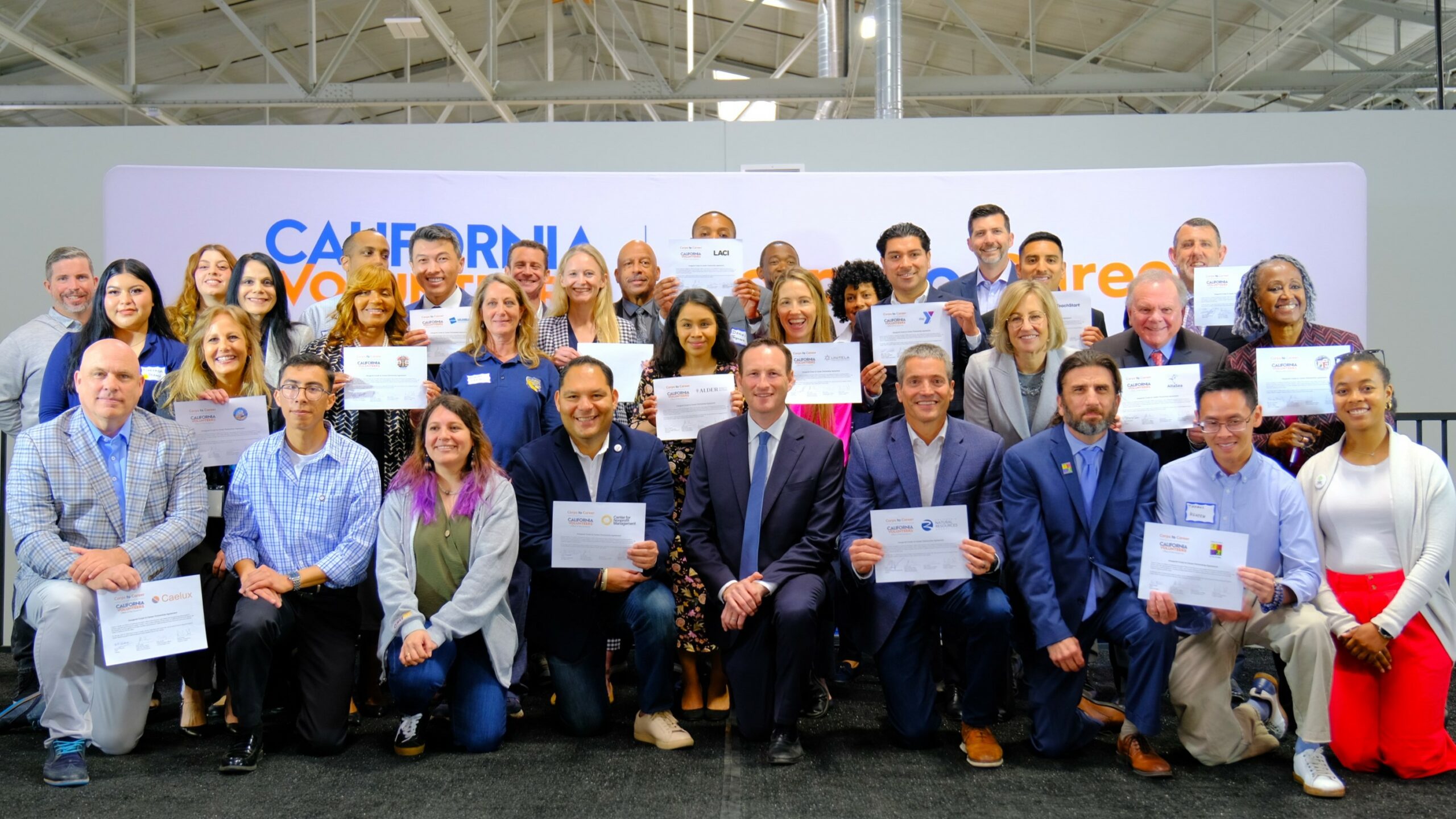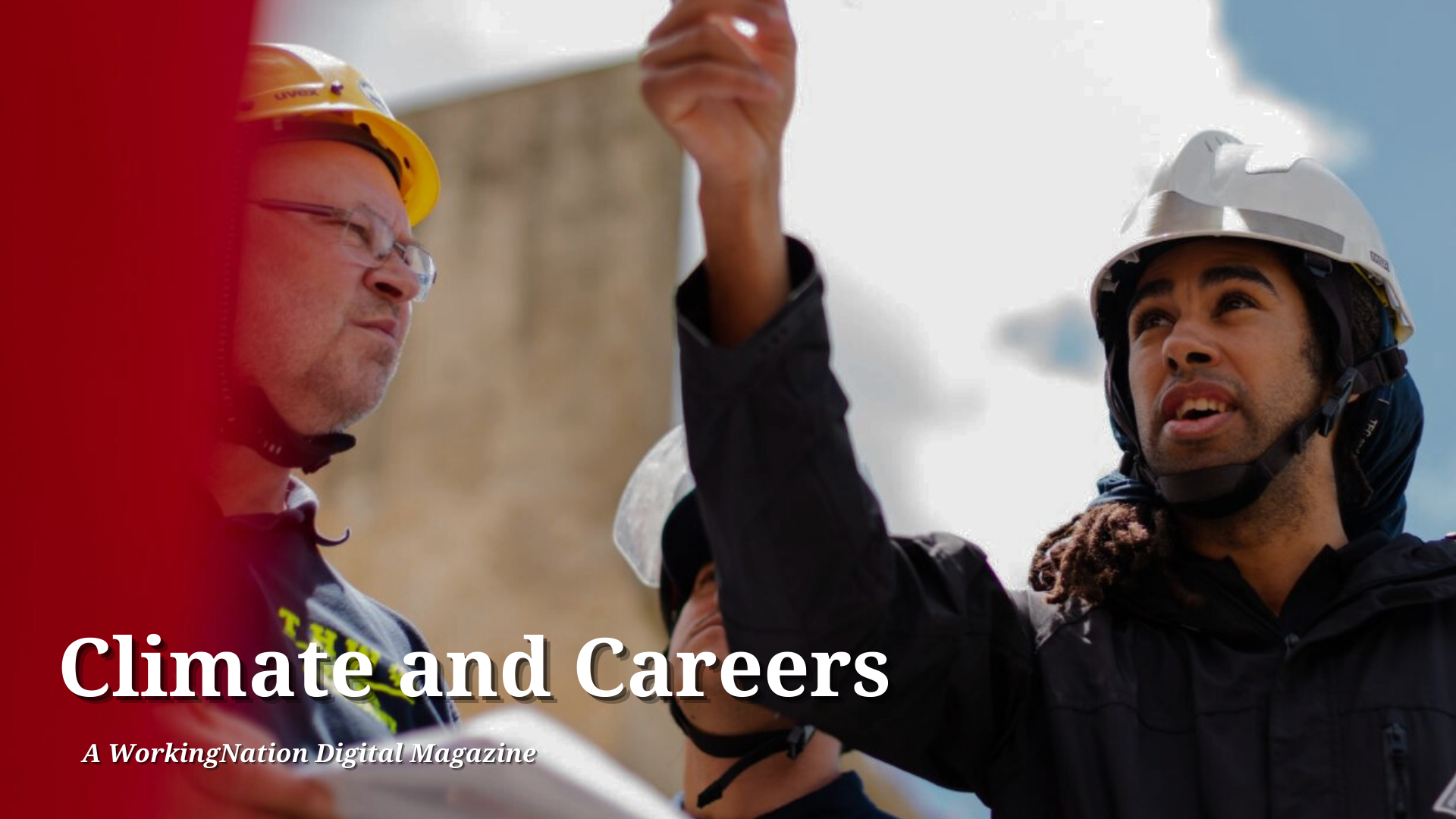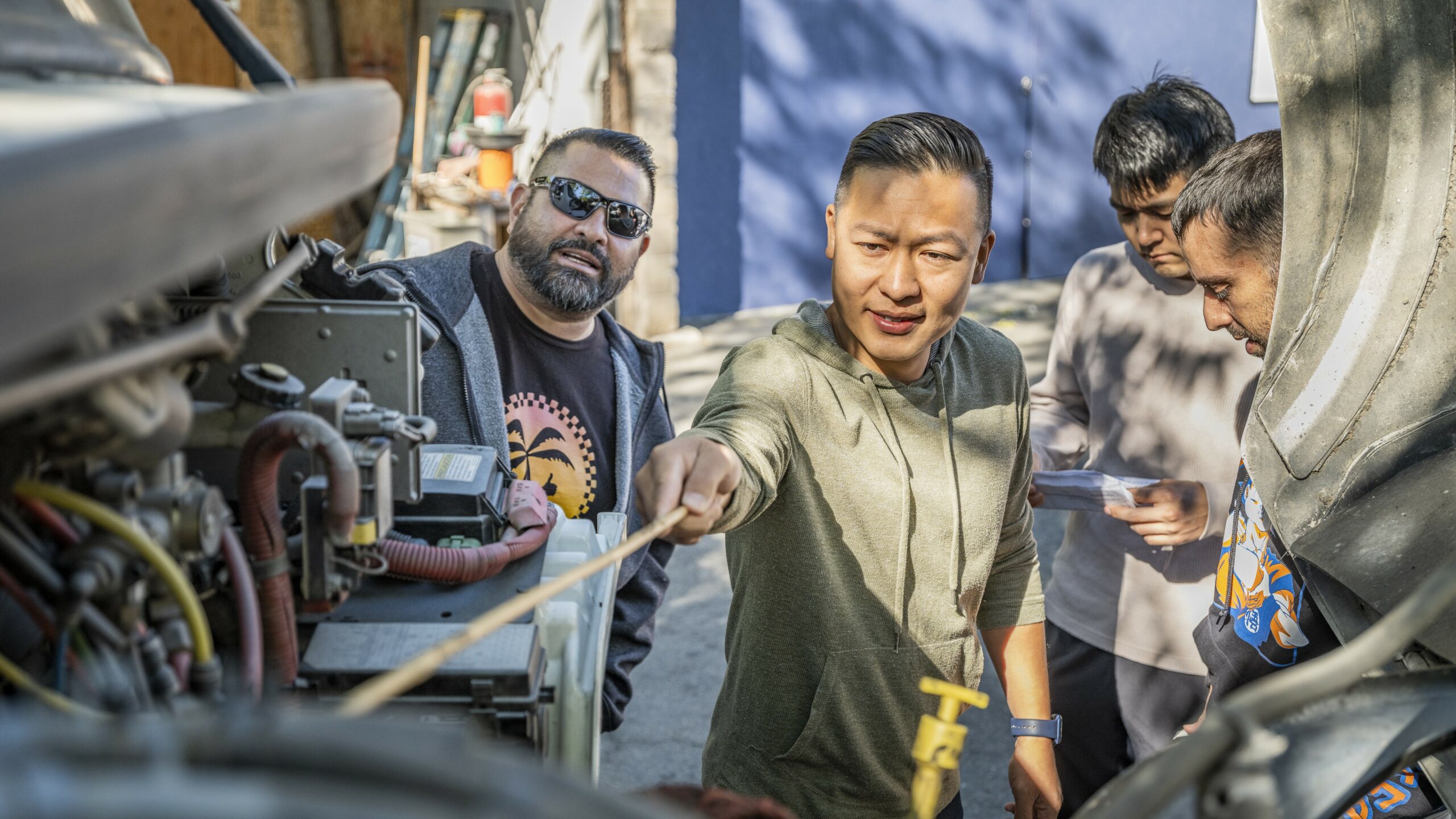At a recent gathering in Washington D.C., leaders in the workforce development space shared their thoughts about what lies ahead and the role philanthropy can play in advancing equity and improving job quality.
Loh-Sze Leung is the director of Workforce Matters – a national network of grantmakers – which organized Further Together: Advancing Equity Through Workforce Philanthropy.
Leung tells WorkingNation that a big takeaway from the gathering was “don’t forget the lessons of the pandemic and how to reimagine what is possible. Philanthropy, with its flexibility, dollars, and social capital, needs to lean into that space of re-imagination together with communities.”
She adds that participants shared that stakeholders must be on the same page when it comes to defining a “good job” and worker power is crucial to improving job quality.
Pooled Funds Recognize Workforce Efforts
There are some groups that are already making strides in the area.
Fifteen workforce development organizations around the country have each received a grant of up to $75,000 to support initiatives that put workers and learners of color at the center of the design of their programs. The monies are from the Fund for Workforce Equity, a pooled investment fund led by Workforce Matters.
The Fund’s advisory committee is made up of leaders in philanthropy and workforce development. It describes itself as “committed to interrupting the systemic racism embedded within the field’s practices, policies, programs, and the labor markets of communities they serve.”
In announcing the grantees, Leung says, “We want to provide funding and support to expand their work and uplift new, innovative strategies that can lead to systemic change.”
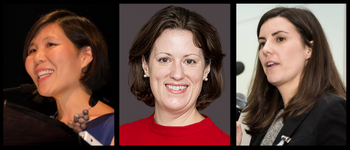
The pooled funds came from 22 grantmaking organizations, including The Annie E. Casey Foundation.
“These Fund for Workforce Equity grantees have a unique opportunity to collaborate with workers of color and develop workforce strategies that center their goals and aspirations,” says Allison Gerber, director of employment, education, and training for the Casey Foundation.
As a member of the Fund’s advisory committee, Lauren Crain, associate director at the World Education Services (WES) Mariam Assefa Fund, says, “As a funder focused on economic inclusion for immigrants and refugees, we believe that workers’ perspectives are critical to designing and evaluating programs that seek to create more equitable access to opportunity.”
The grantees are:
- Alternatives For Girls Detroit, MI
- California Indian Manpower Consortium Sacramento and San Diego County, CA
- Chicago Commons Association Chicago, IL
- Encuentro Albuquerque, NM
- Fair Work Center Seattle and Yakima Valley, WA
- Gideon’s Army Grassroots Army for Children Nashville, TN
- Hack.Diversity Boston, MA and New York, NY
- Hired Minneapolis, MN
- Insight Garden Program (IGP) Berkeley, CA
- New York Association of Training and Education Professionals (NYATEP) Albany, NY
- Cafe Reconcile (RNO) New Orleans, LA
- Rocky Mountain Partnership (RMP) Thornton, CO
- Roots Community Health Center Oakland, CA
- Young Women’s Christian Association (YWCA San Antonio) San Antonio, TX
- Youth Opportunities Unlimited (Y.O.U.) Cleveland, OH
Leung notes, “These 15 organizations are leaders in centering workers to drive equity in workforce development efforts.”

